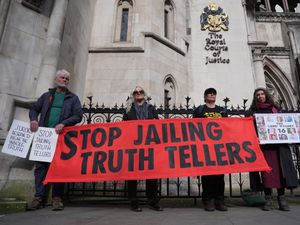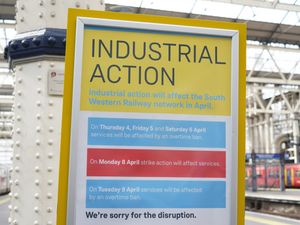Boris Johnson stable after night in intensive care, says No 10
The PM received oxygen treatment after a worsening of his coronavirus symptoms, but has not required a ventilator.
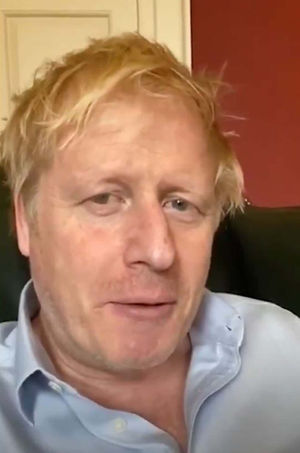
Boris Johnson is “stable” after spending the night in intensive care following a worsening of his coronavirus symptoms, Downing Street has said.
The Prime Minister’s official spokesman said he had been receiving “standard oxygen treatment” but had not required any other assistance in breathing.
Mr Johnson was transferred to the intensive care unit at St Thomas’ Hospital, London, on Monday evening, after his condition deteriorated.
His spokesman said the move was a “precautionary step” in case he needed to be put on a ventilator.
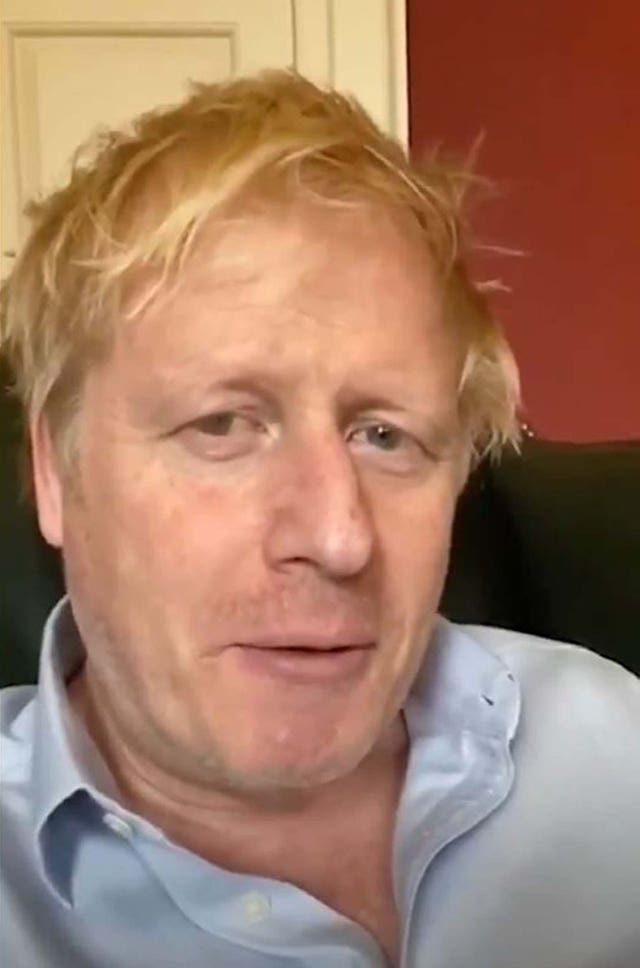
“The Prime Minister has been stable overnight and remains in good spirits,” the spokesman said.
“He is receiving standard oxygen treatment and breathing without any other assistance.
“He has not required mechanical ventilation or non-invasive respiratory support.”
Mr Johnson was originally admitted to St Thomas’ on Sunday on the advice of his doctor after continuing to display symptoms of cough and high temperature ten days after testing positive for the virus.
The speed of the Prime Minister’s decline has caused palpable shock at Westminster after his symptoms were previously described as “mild”.
His spokesman, however, rejected claims that No 10 had sought to hide the seriousness of his condition.
“We have been fully frank with you throughout,” the spokesman told reporters.
“We have issued you with regular updates on the Prime Minister’s health.
“His condition worsened yesterday afternoon. A decision was taken that he needed to be moved to an intensive care unit at around 7pm.
“We informed you all as soon as was practically possible. We have a commitment to be as transparent as we can be throughout this process.”
In Mr Johnson’s absence, Dominic Raab, the Foreign Secretary and First Secretary of State, will stand in for him “whenever necessary”, including leading the daily meetings of the coronavirus “war cabinet”.
However, the Prime Minister’s weekly calls with the Queen have been suspended while he remains indisposed.
The spokesman said that the Queen would continue to be kept regularly updated about his condition.
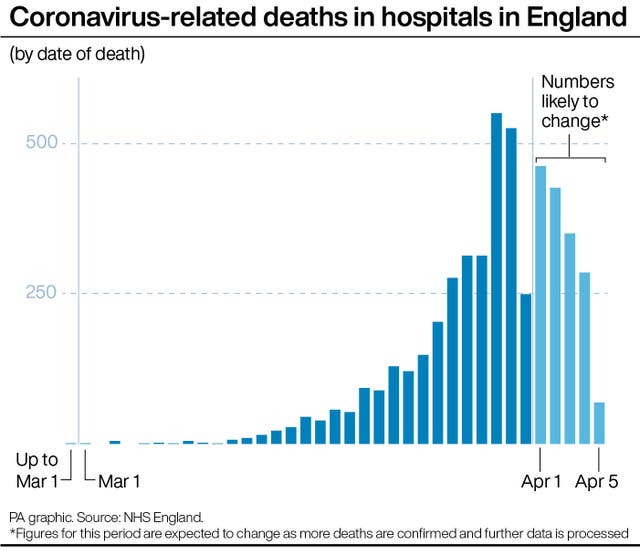
The spokesman confirmed that Mr Johnson had been unable to speak directly to Mr Raab since he has been in hospital.
“The Prime Minister sent a message that he wanted the Foreign Secretary to assume some of his responsibilities where appropriate,” the spokesman said.
If Mr Raab were to fall ill, under the established Cabinet order of precedence he would be replaced by Chancellor Rishi Sunak.
Ministers insisted that despite Mr Johnson’s absence, along with other key No 10 figures, the business of government was continuing as normal.
Senior Cabinet minister Michael Gove said they were committed to following the Prime Minister’s plan for tackling the virus.
“We’re all working together to implement the plan the Prime Minister set out in order to try to ensure that we can marshal all the resources of government, indeed all the resources of our country, in the fight against this invisible enemy,” he told BBC Breakfast.
“We have a superb Civil Service and they have ensured that the machinery is there for decisions to be made by ministers, by medical and scientific experts, and for those decisions to be followed through in a way which enables us to help those at the front line.”
However the toll it was taking on Whitehall was underlined when it emerged that Mr Gove himself had been forced to self-isolate, because a member of his family was showing symptoms.
New Labour leader Sir Keir Starmer said he had spoken to Mr Raab, offering to work “constructively” with ministers to get through the crisis.
“I was in touch with the Foreign Secretary last night and I want to say that the Labour Party will act in the national interest,” he said.
“That’s why I have offered to act constructively with the Government and support them where that’s the right thing to do, and push them further where we need to do it.”
The Prime Minister’s admission to intensive care raised concerns that he had been pushing himself too hard, continuing to lead the work of government while in self-isolation.
However, former Tory Party leader Sir Iain Duncan Smith said it was natural that he should want to carry on for as long as he could.
“The truth is, he’s Prime Minister. He was elected to run this country, and no prime minister is going to suddenly say ‘Look, I’m not well, I’m just gonna let somebody else do it’.
“He does it up until the point, quite rightly, where he feels he can no longer contribute, because of the circumstances surrounding his illness. And I think he’s done that. Now that may have taken its toll.”
Mr Johnson’s condition means that his fiancee, Carrie Symonds, who is pregnant with their first child, is unable to visit him in hospital.
She said at the weekend that she is “on the mend” after herself being forced to self-isolate after displaying symptoms of the disease.

